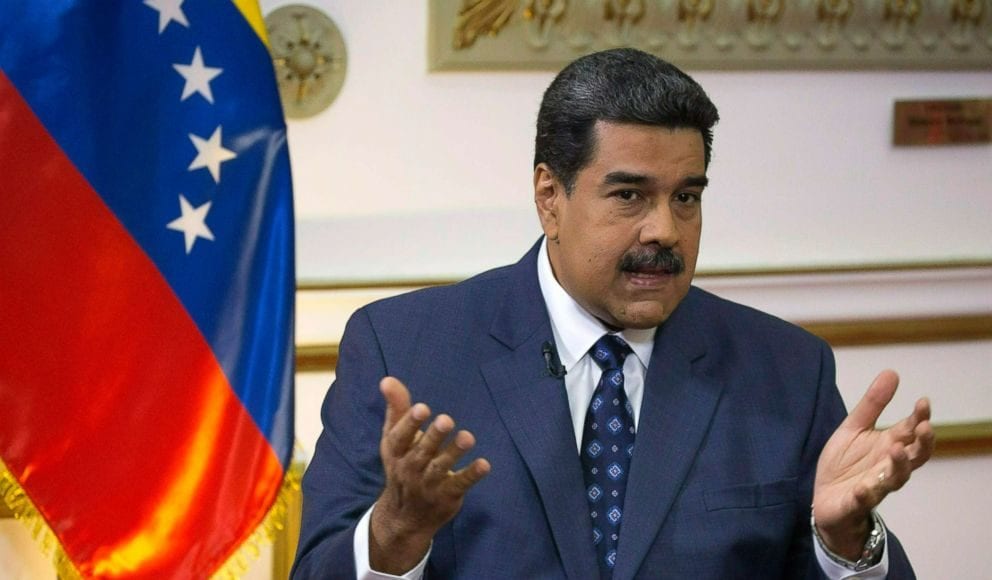After decades of dominating its oil industry, the Venezuelan government is quietly surrendering control to foreign companies in a desperate bid to keep the economy afloat and hold on to power, reports the New York Times.
The opening is a startling reversal for Venezuela, breaking decades of state command over its crude reserves, the world’s biggest.
The government’s power and legitimacy has always rested on its ability to control its oil fields — the backbone of the country’s economy — and use their profits for the benefit of its people.
But the nation’s authoritarian leader, Nicolás Maduro, in his struggle to retain his grip over a country in its seventh year of a crippling economic crisis, is giving up policies that once were central to its socialist-inspired revolution.
Under Venezuelan law, the state-run oil company must be the principal stakeholder in all major oil projects. But as that company, Petróleos de Venezuela, or Pdvsa, unravels — under the weight of American sanctions, years of gross mismanagement and corruption — the work is unofficially being picked up by its foreign partners.
Private companies are pumping crude, arranging exports, paying workers, buying equipment and even hiring security squads to protect their operations in a collapsing countryside, according to managers and oil consultants working on the country’s energy projects.
In effect, a stealth privatization is taking place, said Rafael Ramírez, who ran Venezuela’s oil industry for more than a decade before breaking with Mr. Maduro in 2017, in a video address this week.
“Today, Pdvsa doesn’t manage our oil industry, Venezuelans don’t manage it,” said Mr. Ramírez. “In the middle of the chaos generated by the worst economic crisis suffered by the country in its history, Maduro is taking actions to cede, transfer and hand over oil operations to private capital.”
Pdvsa did not respond to requests for comment on its recent concessions to private partners, the New York Times said in its report.
The haphazard changes to the oil sector, which have accelerated in recent months, are remaking the oil industry in a nation whose assertive energy policies had, since the 1950s, served as an example to developing countries of how to take control of natural resources.
And they are a stark retreat from the vision of Hugo Chávez, who was Mr. Maduro’s mentor and predecessor. Mr. Chávez nationalized in 2007 the giant holdings of Exxon Mobil and ConocoPhillips and packed Pdvsa’s leadership ranks with political allies dedicated to his socialist-inspired “Bolivarian revolution.”
But Mr. Maduro’s transformation of Venezuela’s oil industry has stemmed the collapse triggered by an American embargo. Sanctions imposed in January 2019 had wiped out about a third of Venezuela’s oil production, bringing it down at one point to the lowest level since the 1940s, according to data from the Organization of the Petroleum Exporting Countries.
Oil production now is still less than a third of the total in 1998, when Mr. Chávez took power. By late 2019, Venezuela had stabilized exports at about a million barrels per day, according to Bloomberg’s tanker tracking data.
The dribble of oil exports has provided Mr. Maduro with foreign revenue at the most critical moment of the country’s economic crisis, allowing him to adjust to sanctions and consolidate his rule.




